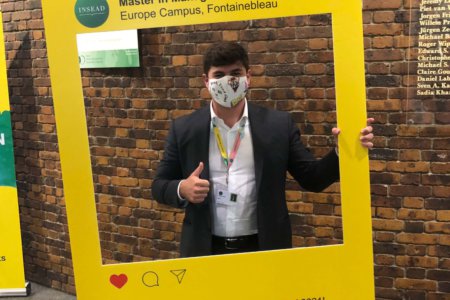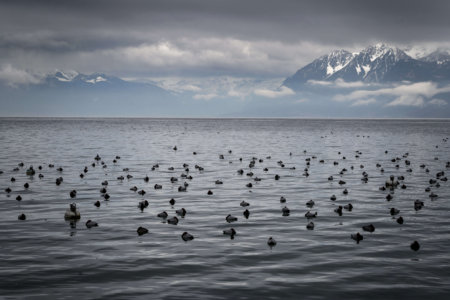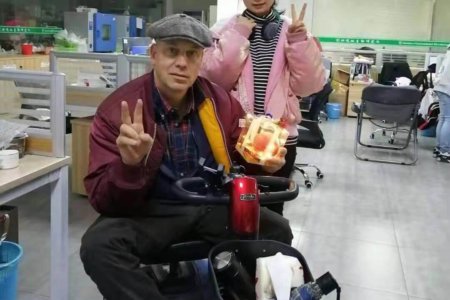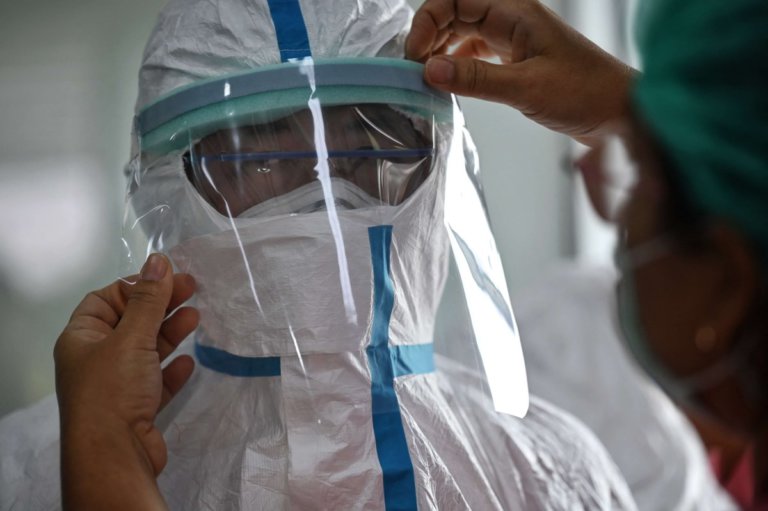
Taking a flight during a pandemic is no small feat. Just ask Chinese student Yinuo Yu from INSEAD, who donned full personal protection equipment (PPE) to start her graduate programme in France. She was part of INSEAD’s Master in Management cohort, which adapts a dual-country programme in France and Singapore. Thankfully, Yu’s arduous 15-hour flight was the most challenging part of her study abroad adventure in France.
“Life in France was much easier than expected,” she tells Study International. “I thought there would be strong language barriers because I don’t speak French — although I’m actively learning — but it was not as bad as I expected in Fontainebleau. A majority of the people I met spoke English.”
As the pandemic raged on in France, Yu had her own challenges to deal with. The MIM programme proved intense in her first few weeks, as she lacked a background in finance. “We had financial accounting in the first period, which was a tough one,” she admits, “but once I got used to the pace, I was able to manage it.” Here, the determined Chinese student shares her experience travelling to France, then Singapore to pursue her master’s in these uncertain times.

Yu took three flights to meet the conditions of her dual-country programme. Source: Yinuo Yu
Describe your journey to France during the pandemic. What safety measures did you take?
I planned to travel to France on Sept. 7, 2020. At that time, I think there were about 5,000 cases every day there. A terrible storm hit on my way to the airport, which forced them to cancel all flights. Therefore, I had to travel from another city to catch the flight the next day. I brought about 200 masks, four pairs of goggles, and loads of plastic gloves as my supplies.
What did you expect going into the MIM in France, and how did the actual experience compare?
Before I took off, I was afraid that the situation in France might be even worse; maybe pharmacies would run out of masks and protections. That’s why I brought loads with me. I also put on a full PPE set before I boarded the airplane. The flight took about 15 hours. I only had a few sips of water on the flight, because the PPE really made me feel so terrible that I didn’t want to eat anything.
I tried to get some sleep, but it was too uncomfortable because I kept sweating. So I stayed awake for the entire 15 hours. I had done lots of long-distance travel before but this one to France was the worst one ever. I only felt alive again once I disembarked the plane.
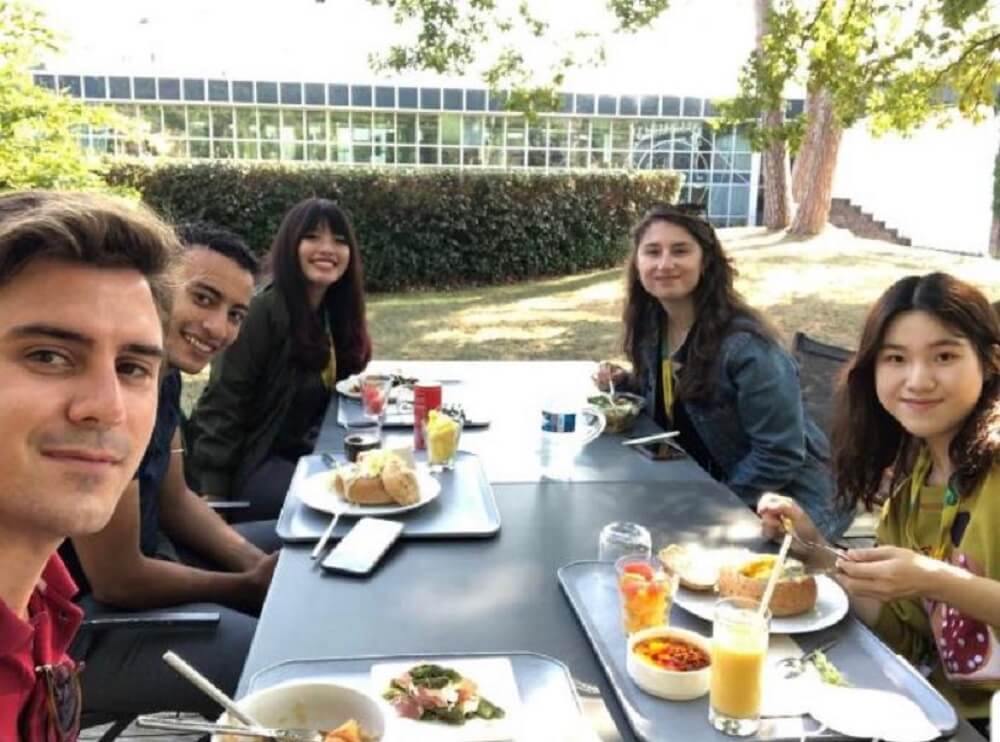
Yu met students from all over the world during her master’s travels; a privilege during the pandemic. Source: Yinuo Yu
Describe your journey to Singapore as a Chinese student. How was it different from your journey to France?
So after the first lockdown and curfew ended — literally two periods — I went home to China. It was another hard journey in full PPE; I didn’t eat or drink on the airplane. When I arrived, I underwent a 28-day quarantine because two people on the flight tested positive. I spent 14 days in the hotel and 14 at home, during which time I finished all my P3 courses via Zoom.
At the hotel, I stayed up until 3 a.m. to follow the lessons before I could sleep but the nurses would wake me up to test my temperature around 8 a.m. They do that twice a day. The worst part is that when I got home, my parents and cats couldn’t stay with me; they had to find somewhere else to live.
Fortunately, I was not affected and maintained my resolve. Immediately after quarantine, I received the vaccine before travelling to Singapore. I didn’t have any side effects after taking it, and I was in one of the first groups to be vaccinated. In China, priority is given to senior citizens and those who are planning to travel abroad. So I applied with my student visa and airplane ticket and managed to book an appointment after a day.
My journey to Singapore was so much easier compared to the one to France. I did not wear my PPE anymore and I didn’t need to quarantine because I travelled from China. I just did a PCR test upon arrival and went straight off to my accommodation. The result came out within four hours and it was negative, so I was able to go out in the evening.
Please explain the dual-country model of the programme. How is it benefiting you so far?
The dual-country model allows me to explore two different cultural environments and various circumstances. Although I’m from Asia originally, Singapore is still different compared to many other Asian countries. Singapore is always energetic, and everything is so fast. Here you’ll find really early mornings and really late evenings, while life in France is much slower.
What are your favourite parts of the MIM programme, and what do you plan to do after you complete it?
The different environments make me more adaptable to all these changes in the surrounding, as well as more open to cultural differences. I’m also able to see more opportunities in future careers — this is my favourite part of the MIM programme. It opened up my perspectives towards the future, which makes me consider new things. I never thought about working in Singapore, but now I’m effectively applying for internships in Singapore, while exploring different industries.
I really like Singapore. Although I liked France too, the pandemic makes it impossible for me to go back right now; but really, I also don’t want to take a terrible flight for the third time.








